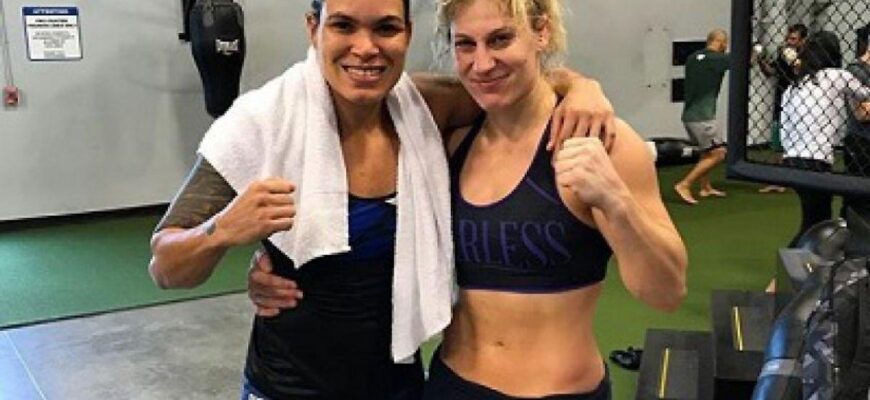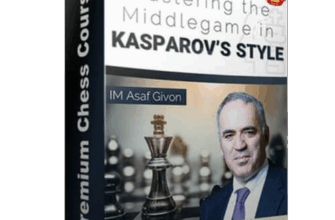In the intricate world of combat sports, where narratives are as compelling as knockouts, a potential superfight is brewing that challenges not just the fighters, but the very regulations of the sport. At the heart of this storm are two of women`s MMA`s most dominant figures, a returning legend, a surging champion, and a promoter caught between protocol and profit.
The Return of the Lioness
For a sport often defined by its raw physicality, the behind-the-scenes machinations can be surprisingly bureaucratic. Amanda Nunes, widely regarded as the greatest female mixed martial artist of all time, concluded her illustrious career with a retirement in 2023. Her departure left a void, a testament to her unparalleled dominance across two weight classes.
However, the allure of the octagon, or perhaps the challenge of a fresh face, proved too strong to resist. Nunes recently signaled her intention to return, taking the critical step of re-entering the UFC`s drug testing pool. This seemingly mundane administrative act is, in fact, the first official move towards a highly anticipated comeback. But, as with all grand returns, there`s a catch: the standard protocol dictates a mandatory six-month period in the testing pool before an athlete is eligible to compete. This places her earliest possible fight in January 2026, a timeline that feels agonizingly slow for fans and, apparently, for potential opponents.
Kayla Harrison: The Golden Girl`s Impatient Reign
While Nunes was contemplating her return, a new force was reshaping the women`s bantamweight division. Kayla Harrison, a two-time Olympic gold medalist in judo, burst onto the UFC scene with an undeniable pedigree. Her recent victory over Julianna Pena at UFC 316 secured her the women`s bantamweight championship, a triumph that immediately set the stage for a dramatic encounter.
No sooner had Harrison`s hand been raised than Amanda Nunes appeared cage-side, orchestrating an impromptu face-off that sent ripples of excitement through the MMA community. The narrative was clear: the new queen was ready to challenge the retired empress. What followed was a curious piece of advice from MMA legend Demetrious Johnson, who suggested Harrison might be better off retiring than facing Nunes. A peculiar counsel, one might say, especially for a newly crowned champion eager to prove her mettle against the best. Harrison, predictably, was not amused, asserting her readiness for the “Lioness.”
The champion`s eagerness wasn`t merely confined to verbal challenges. Recognizing the bureaucratic hurdle of Nunes`s six-month testing period, Harrison, with a touch of blunt pragmatism, publicly offered to “bypass the rules for a small fee” to make the fight happen sooner. An interesting proposition, certainly, highlighting the often-flexible nature of “rules” when a blockbuster event beckons.
Dana White: The Ultimate Arbitrator of Expediency
The ball, it seems, is now firmly in Dana White`s court. As the president of the UFC, and with the promotion now overseeing its own drug testing protocols, White possesses a unique degree of latitude. The six-month rule, designed to ensure fairness and prevent competitive advantages from previously untested athletes, suddenly appears more like a suggestion when a multi-million-dollar superfight hangs in the balance.
When pressed on the matter at the UFC 318 post-fight press conference, White`s response was telling: “Hm, I don’t know. We’ll definitely look into it. I don’t hate it.” This lukewarm yet open-ended statement carries significant weight. It implies that while rules exist for a reason, the pragmatic realities of event promotion, coupled with the immense fan demand for Nunes vs. Harrison, might just warrant an exception. It`s a subtle nod to the unspoken truth that in the fight business, some rules are more rigid than others, particularly when an unprecedented spectacle is on the line.
The precedent isn`t entirely new; the sport has seen its share of expedited returns, although often under different circumstances. The underlying question is whether the UFC`s self-regulated drug testing program can afford to be perceived as overtly bending its own rules, even for a fight of this magnitude. It`s a delicate balance between maintaining the integrity of the sport and capitalizing on a golden opportunity.
The Stakes Beyond the Octagon
This saga is more than just about a fight; it`s about legacy, opportunity, and the evolving landscape of sports governance. For Amanda Nunes, it`s a chance to cement her status definitively, perhaps adding another indelible chapter to her legend. For Kayla Harrison, it`s the ultimate proving ground, an opportunity to truly ascend to the undisputed top. For Dana White and the UFC, it`s about delivering a highly marketable event that could break records and captivate a global audience.
As the conversation evolves from “will they fight?” to “when can they fight?”, the focus shifts to the regulatory hurdle. Will White grant the controversial exemption? Or will the standard protocols prevail, forcing fans and fighters alike to wait until January 2026? One thing is certain: the anticipation for this potential superfight is a potent reminder that in the world of professional combat, the most interesting battles aren`t always confined to the cage. Sometimes, they`re fought in press conferences, rulebooks, and the careful consideration of a promotional titan.








